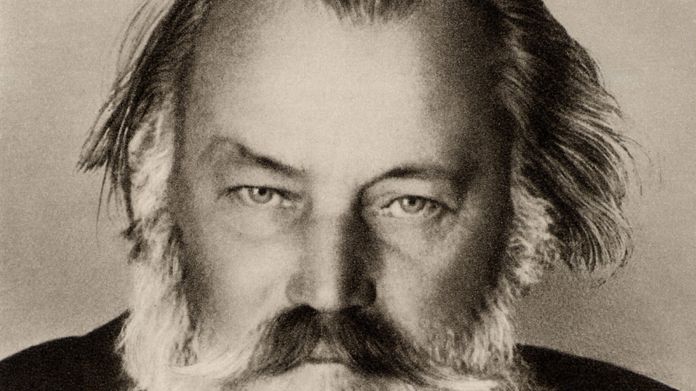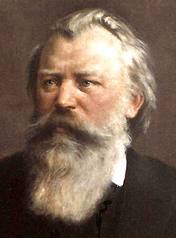Johannes Brahms, one of the most influential composers of the Romantic era, left an indelible mark on the world of classical music. His compositions exude a sense of passion, complexity, and emotional depth that have captivated audiences for generations. Beyond his musical genius, Brahms possessed a fascinating persona that adds another layer of intrigue to his legacy. Join us as we delve into the life of this enigmatic composer and explore some lesser-known curiosities about Johannes Brahms.
- A Late Bloomer: Unlike many prodigies who showcase their talents at an early age, Brahms had a rather modest start to his musical journey. Born on May 7, 1833, in Hamburg, Germany, Brahms was the son of a double bass player. However, it wasn’t until he reached his early twenties that his musical prowess began to emerge, making his ascent all the more remarkable.
- Mentorship from Robert Schumann: Brahms developed a close bond with renowned composer Robert Schumann and his wife, Clara Schumann. Robert recognized Brahms’ exceptional talent and became a mentor to the young musician. Sadly, Robert’s mental health declined, leading to his tragic death. Brahms stepped in to support Clara, fostering a lifelong friendship and collaboration that shaped his musical career.
- Musical Perfectionist: Brahms was notorious for his meticulous attention to detail, earning him a reputation as a perfectionist. He was known to agonize over his compositions, constantly revising and refining them until he was completely satisfied. This dedication to perfection often led to long periods of creative blockage and self-doubt, but it ultimately resulted in the creation of timeless masterpieces.
- Musical Innovator: While Brahms is often associated with the Romantic era, he sought inspiration from the great composers of the past, particularly Bach and Beethoven. He infused their classical traditions with his unique style, challenging the boundaries of musical composition. Brahms’ music harmoniously combined elements of both grandeur and intimacy, leaving an enduring impact on the development of classical music.
- Hidden Messages: Brahms had a penchant for hiding secret messages in his compositions. He would encode the names or initials of loved ones, such as Clara Schumann or his dear friend Joseph Joachim, within the musical themes, offering a glimpse into his personal connections and emotional states. These hidden messages add an extra layer of depth for attentive listeners to uncover.
- Averse to Public Attention: Despite achieving great success and critical acclaim, Brahms was averse to the limelight. He preferred a quiet and private life, often retreating to his self-imposed exile in picturesque locations like Lake Thun in Switzerland. Brahms remained detached from the grandiose concerts and public adulation that were common for renowned composers of his time.
Conclusion:
Johannes Brahms, a complex and multifaceted composer, left an indelible legacy on the world of classical music. From his late blooming talent to his intricate compositions and personal idiosyncrasies, Brahms continues to captivate audiences with his enigmatic persona. Exploring the life and curiosities surrounding Brahms not only deepens our appreciation for his music but also sheds light on the complexities of a remarkable artist who left an enduring mark on the world.


Comments are closed